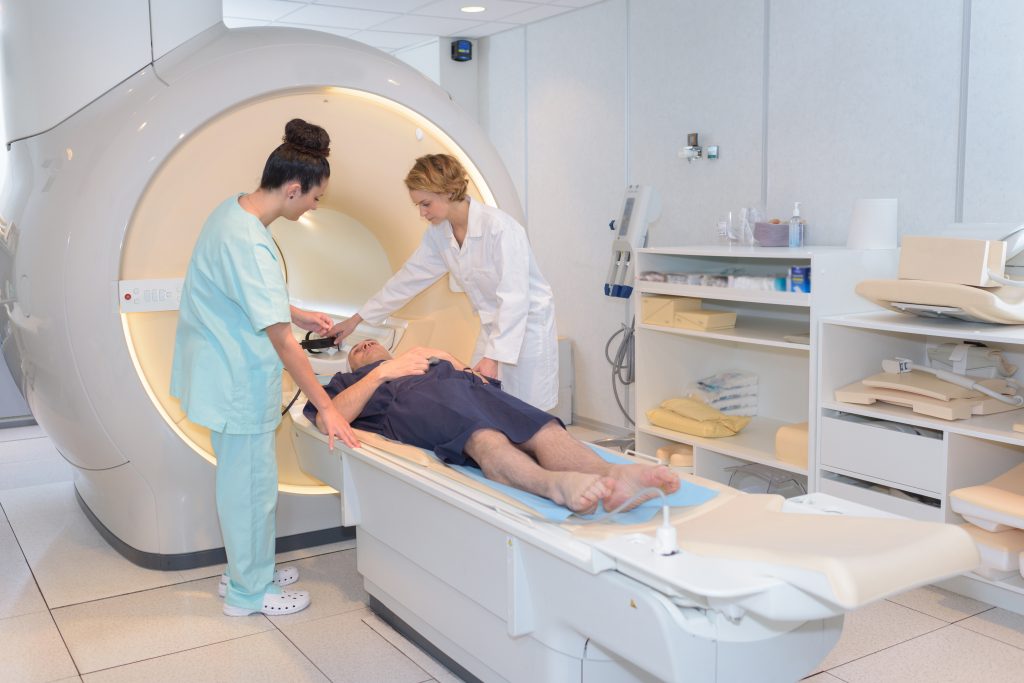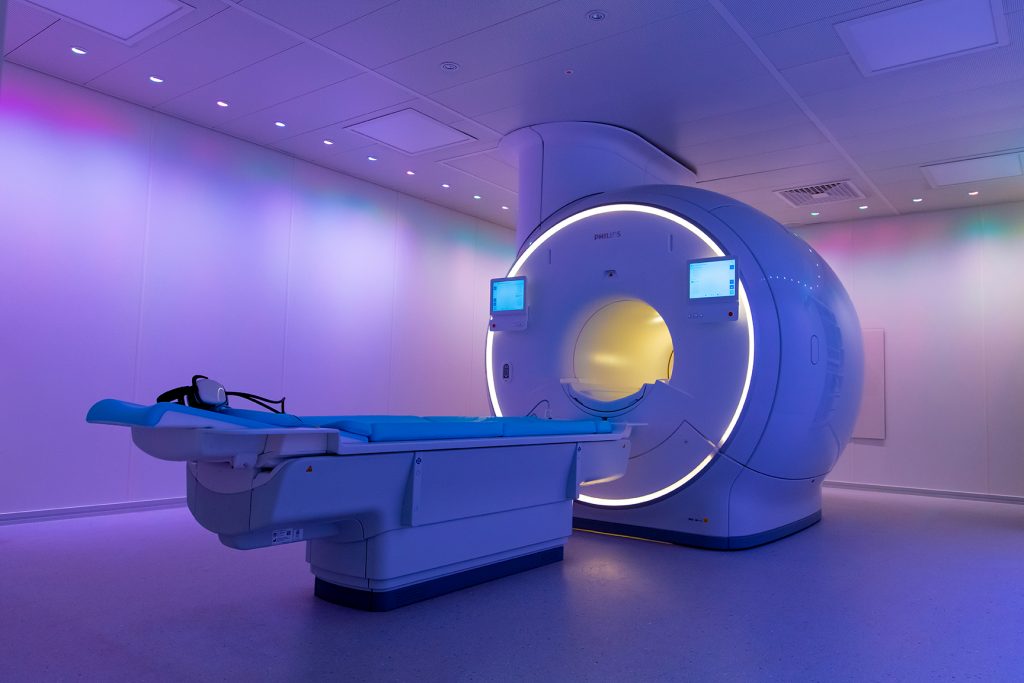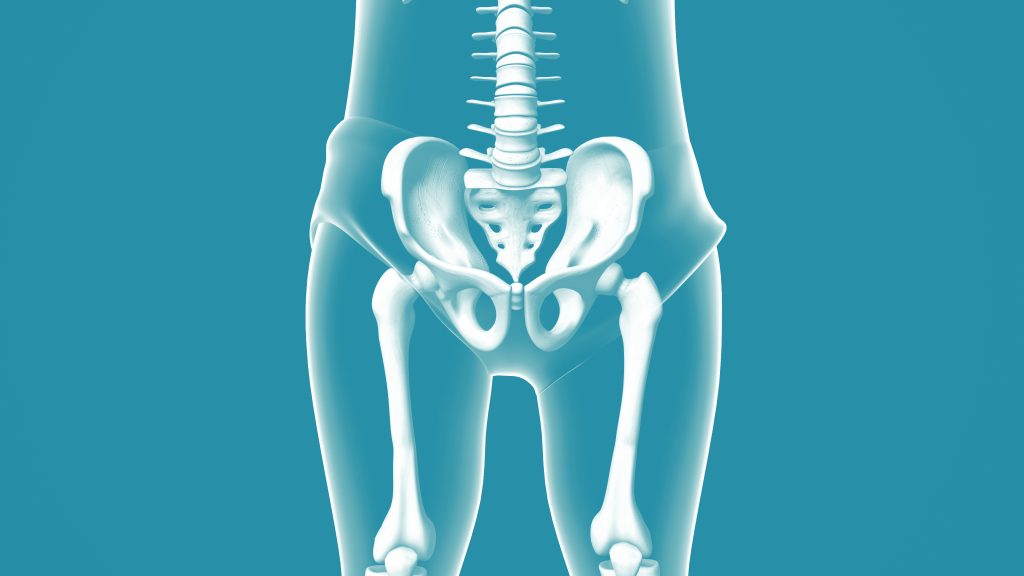MRI
Treatment that delivers better results

What is an MRI scan?
Magnetic resonance imaging (MRI) is a type of scan that uses strong magnetic fields and radio waves to produce detailed images of the inside of the body.
An MRI scan can be used to examine almost any part of the body, including:
- the brain and spinal cord,
- bones and joints,
- breasts,
- heart and blood vessels,
- internal organs, such as the liver, womb or prostate gland
The results of an MRI scan can be used to help diagnose conditions, plan treatments and assess how effective previous treatment has been.
Is there anyone who cannot have an MRI scan?
Yes! Some things are affected by the magnet, if you have any of the following please contact us on 0800 652 4157:
- cardiac pacemaker,
- heart valve,
- surgical clips,
- metallic foreign bodies in the eye/body,
- any possibility of being pregnant


Preparing for your scan
On the day of your MRI scan, you should be able to eat, drink and take any medication as usual, unless you’re advised otherwise. Please bring suitable clothes to change into, or we can give you a hospital gown to wear.
During your MRI you can wear:
- t-shirt / leggings / tracksuit bottoms / pyjamas
Before your MRI you must remove items that contain metal including:
- a bra
- belts / jeans / zips
- hair clasps
- body piercings / jewellery / watches
- make-up
What happens on the day?
When you arrive at the MRI unit you will be greeted by a member of staff who will go through your MRI safety questionnaire.
You will be asked to remove all metal objects from your person and will be able to place these in a locker. If your clothing contains metal (zips/poppers) you may be asked to change into a gown.
During an MRI scan, you lie on a flat bed that’s moved into the scanner, depending on the part of your body being scanned, you’ll be moved into the scanner either head first or feet first.
You will be given headphones to wear during the scan and the radiographer will be in contact with you.
Scans lasts 15 to 60 minutes, depending on the size of the area being scanned and how many images are taken.


Pelvic scans
If you are having a pelvic scan we may give you an injection in the muscle of the leg, which helps to relax the bowel movement to ensure we get the best images.
Occasionally it is necessary to give you a small injection in the arm or hand to help us to differentiate certain organs/body parts and enhance the image quality. This should cause you no after effects’
Patient information booklet
For further information please download our booklet using the button below.
Navigate to
How to access our services
NHS Referrals
Healthshare Diagnostics does not accept self-referrals from NHS patients, you must be referred by your GP or a medical professional.
Details for your GP can be found here.
Private Patients
If you are a private patient you can refer yourself by calling 0330 127 3229

